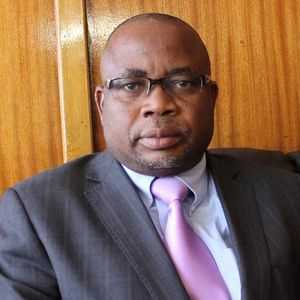
Philemon Jambaya
In a rare show of unity, teachers' unions have taken the government to court over a salary and working conditions and unilateral bargaining system that they believe is unconstitutional, causing them to live in abject poverty.
Traditionally, the unions accuse the other of pretending to be with the others while playing in the same court with government.
The government established the Public Service Act through one of its functionaries, the Public Service Commission, which confers the Public Service Joint Negotiating Council the obligation to determine teachers’ salaries and working conditions.
Teachers' unions, including the Zimbabwe Teachers’ Association (Zimta), Progressive Teachers’ Union of Zimbabwe (PTUZ), and the Amalgamated Rural Teachers Union of Zimbabwe (ARTUZ), argued in a December 6 application filed by their lawyers Matika, Gwisai and Partners that the government’s unilateral process of imposing salaries on civil servants was unconstitutional, violating the collective bargaining process prescribed by the Constitution.
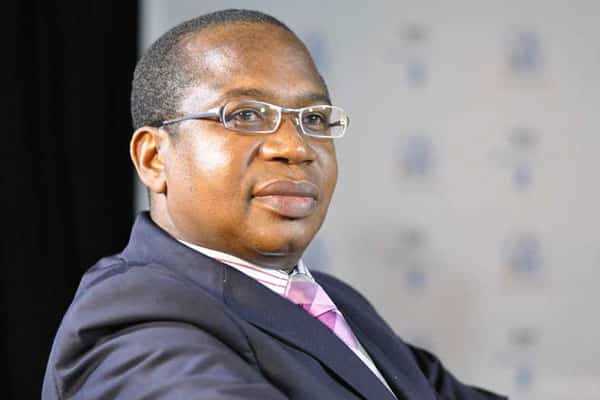
“The Public Service Act are unconstitutional in that they are inconsistent with section 203(1)(b) as read with section 65(5) (a) and (b) of the Constitution as those sections do not provide for collective bargaining.
“Section 203(1)(b) of the Constitution gives the Public Service Commission the function of fixing and regulating conditions of service, including salaries, allowances and other benefits of members of the Public Service but that function is exercisable subject to section 65(5) of the same Constitution.
“Section 65(5) of the Constitution, to which section 203(1) (b) is subject to, provides for the right for every employee, employer, trade union and employee or employers’ organisations to engage in collective bargaining, to organise and form and join federations of such unions or organisation,” argued the teachers’ union.
Teachers have been at odds with the government since President Emmerson Mnangagwa took office, citing low pay and working conditions.
Related Stories
The government has conveniently ignored teachers’ demands for their salaries to be restored to pre-October 2018 levels of US$540 per month over the years.
Attempts by teachers’ unions to engage in industrial action to force the government to address their grievances have been met with government hostility, with both parties engaging in running battles.

Earlier in February, Mnangagwa agreed to gradually restore teachers’ salaries to pre-October 2018 levels of US$540 per month.
In their High Court application, the teachers’ unions claimed that the Public Service Commission was depriving them of their constitutionally mandated platform to negotiate their desired pre-October 2018 levels of US$540 per month.
“The effect of s. 203(1) (b) of the Constitution is that the conditions of service of members of the Public Service, including their salaries, allowances and other benefits must be determined through a collective bargaining process which results in a final and definitive collective bargaining agreement.
“Section 19(1) of the Public Service Act [Chapter 16:04] which gives the Public Service Commission and the Minister of Public Service Labour and Social Welfare the authority to unilaterally determine conditions of service of members of the Public Service without going through the collective bargaining process is unconstitutional as it is inconsistent with section 203(1) (b) as read with section 65(5) of the Constitution.
“Section 20 of the Public Service Act is unconstitutional for being inconsistent with section 203(1)(b) as read with section 65(5) of the Constitution in that it does not provide for the right to collective bargaining and to organise but only provides for discretionary consultation which may not result in any collective bargaining agreement,” argued the teachers.
Mnangagwa, the Public Service Commission, Finance Minister Mthuli Ncube, Public Service, Labour and Social Welfare Minister Paul Mavima, Attorney-General Prince Machaya, and Justice Minister Ziyambi Ziyambi were all cited in the teachers' union application.

















Leave Comments